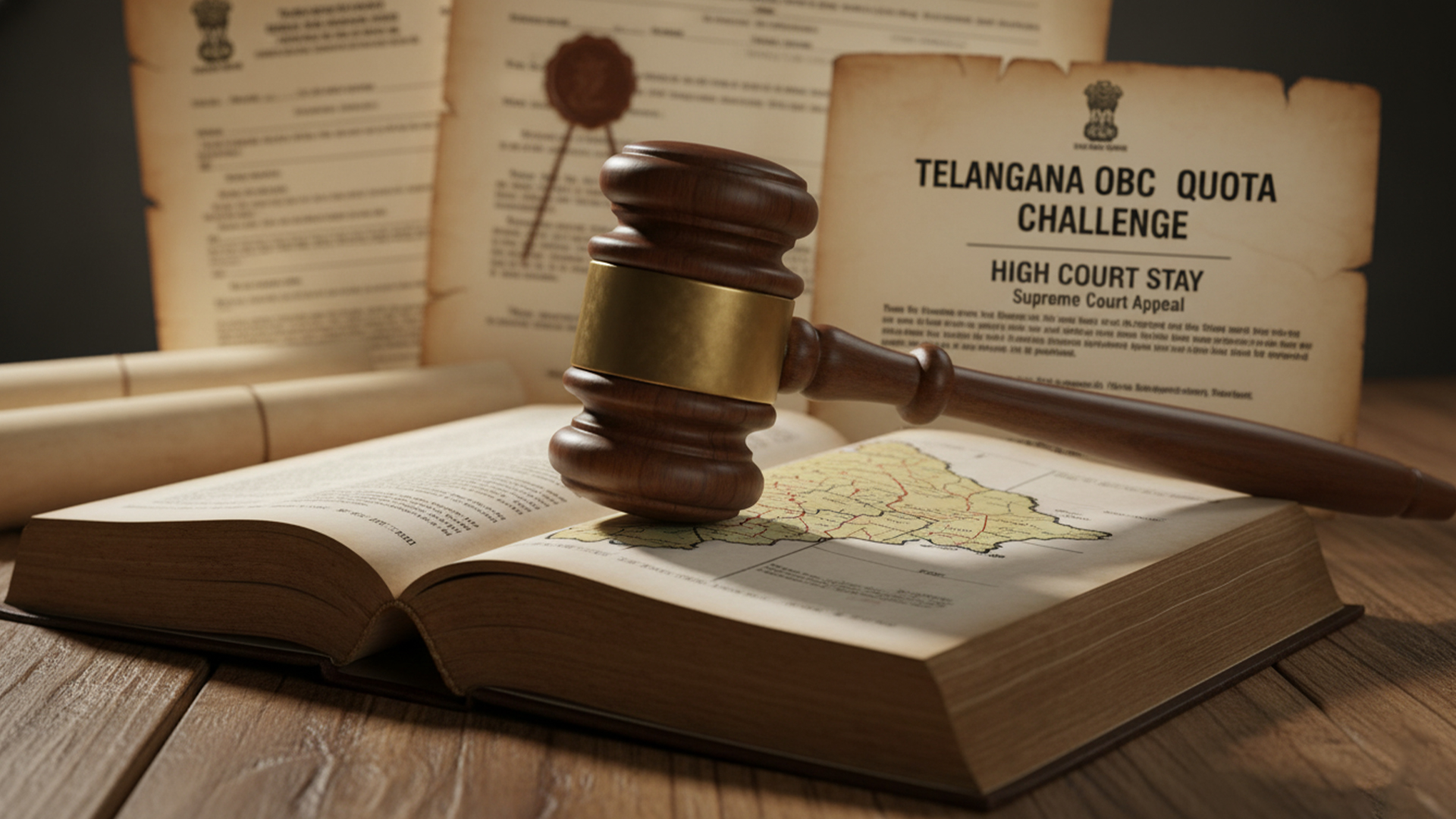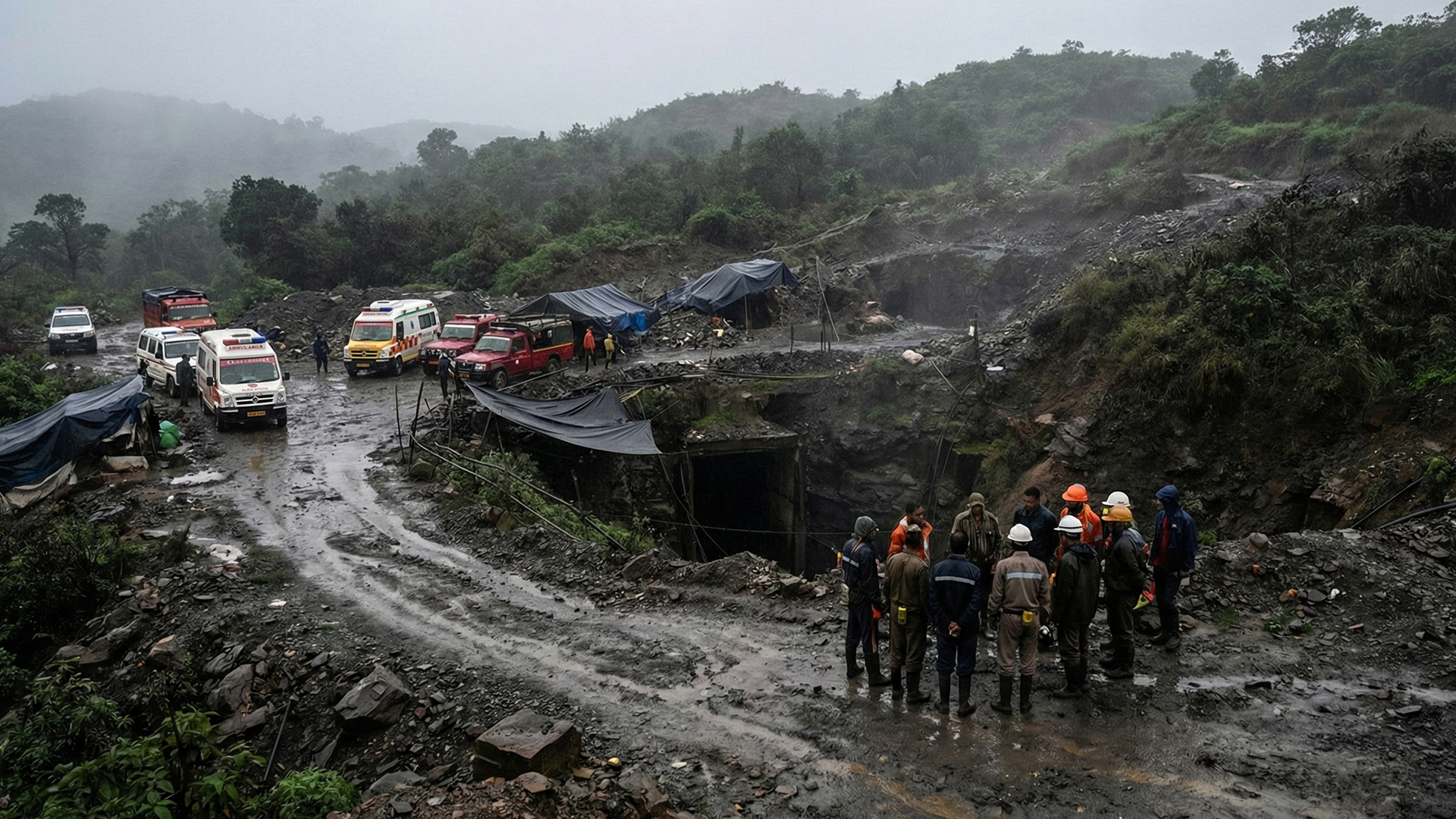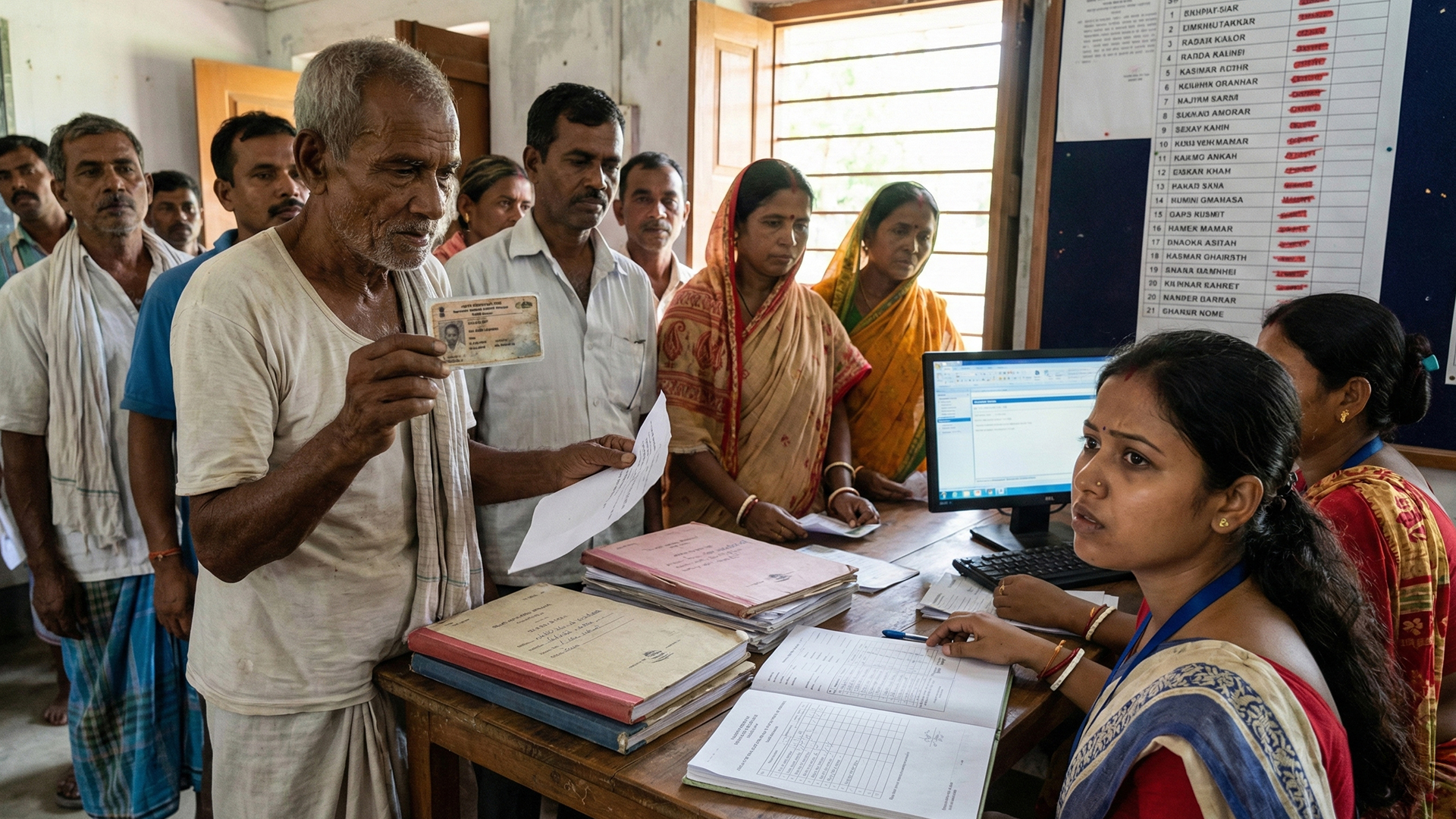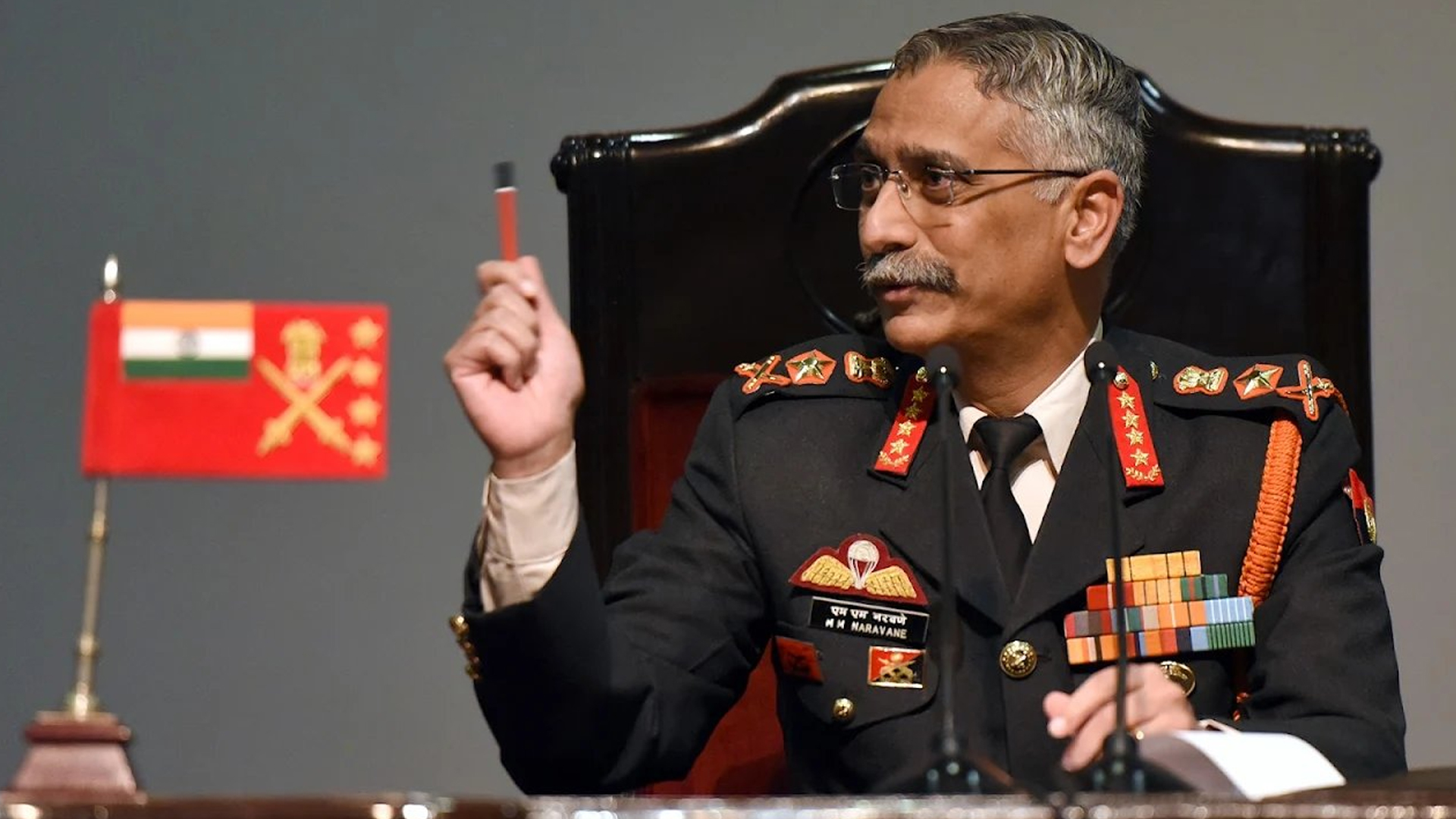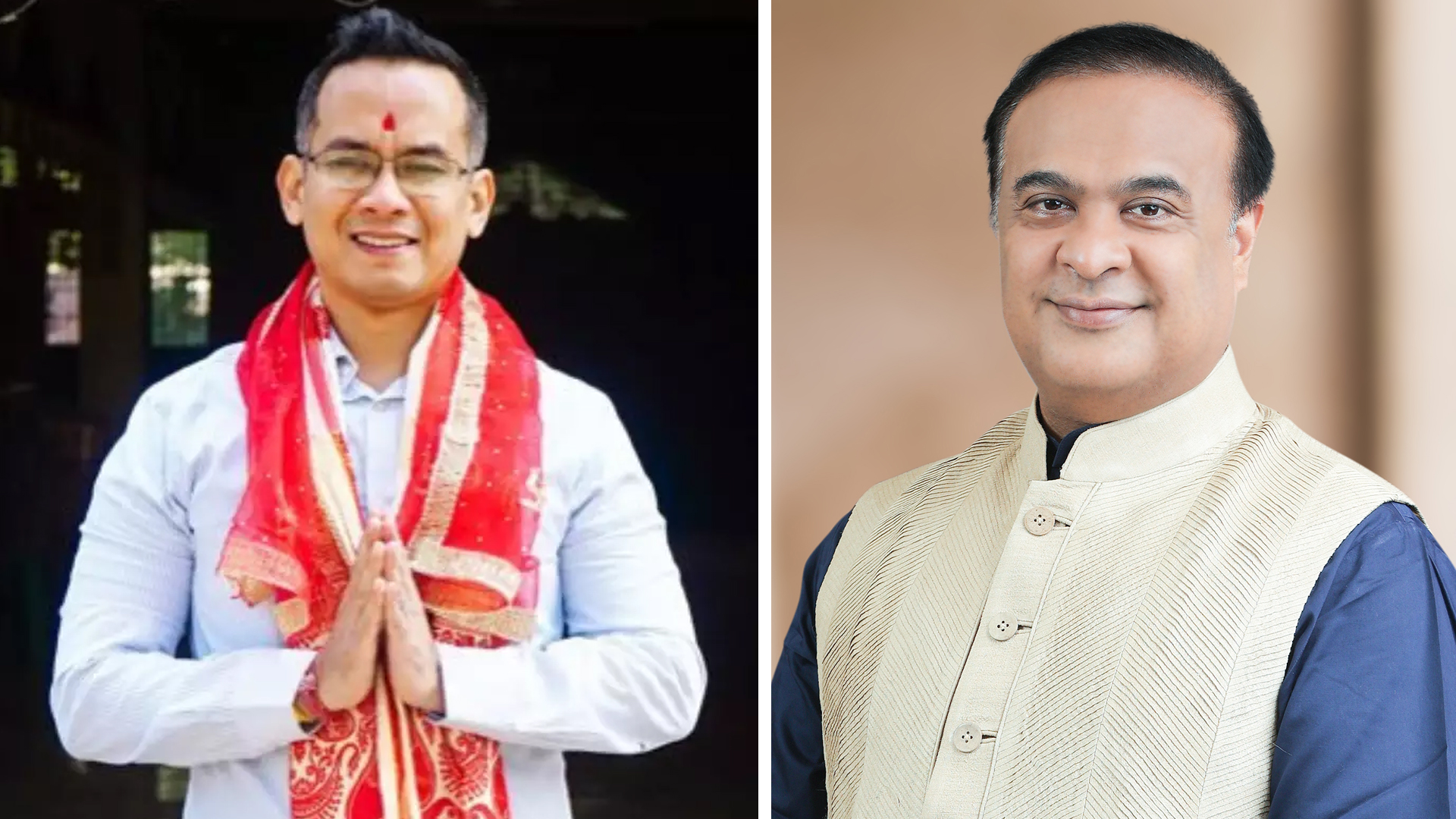The Telangana government has approached the Supreme Court challenging a High Court order that stayed its government orders enhancing the Other Backward Classes (OBC) reservation in local body elections to 42%.
The move comes ahead of the state’s local body elections, scheduled for October 23 and 27, and seeks to ensure that the elections proceed without legal obstacles.
On October 9, the Telangana High Court issued an interim stay on the government’s orders, citing concerns that the total reservation could exceed the Supreme Court’s 50% ceiling. With the proposed 42% for OBCs combined with existing reservations of 15% for Scheduled Castes (SCs) and 10% for Scheduled Tribes (STs), the total would reach 67%.
The High Court also noted that the state’s process did not fully meet the “triple test” established by the Supreme Court, which requires forming a commission to collect empirical data, recommending reservation proportions based on that data, and ensuring that total quotas do not generally exceed 50%.
In its Special Leave Petition (SLP) filed in the Supreme Court on October 13, the Telangana government argued that the 50% ceiling is a general guideline rather than a rigid rule and that exceptional circumstances in the state justify the enhanced OBC reservation.
The state highlighted that a comprehensive Socio-Economic, Educational, Employment, Political, and Caste (SEEEPC) survey conducted in 2024–25 showed that Backward Classes constitute approximately 56.33% of Telangana’s population. Based on this data, the state had legislated 42% OBC reservation for rural and urban local bodies through the Telangana Backward Classes (Reservation of Seats in Rural and Urban Local Bodies) Bill, 2025.
The bill was passed unanimously by both Houses of the Legislature in March 2025 and sent to the President for assent, but it has not yet been returned or assented to.
The government further stressed that it had complied with the triple test, including constituting a One-Man Commission under the chairmanship of Busani Venkateshwara Rao, IAS (Retd.), which analyzed the empirical data and recommended 42% reservation.
The government stated that this decision reflected a scientific and comprehensive assessment of backward classes’ representation needs in local governance.
The legal dispute has triggered political and public debate. While the ruling Telangana government maintains that the reservation is constitutionally justified, opposition parties have criticized the move, arguing that exceeding the 50% ceiling undermines judicial precedent.
Student and social organizations have also weighed in, urging that the enhanced quota be included in the Ninth Schedule of the Constitution to protect it from legal challenges.
The Supreme Court is expected to hear the matter promptly, given the proximity of the local body elections. The outcome of this case could set a significant precedent for how states manage OBC reservations in local bodies, balancing empirical demographic data with constitutional guidelines on maximum quotas.
Also Read: Mappls App Puts Indian Navigation on the Fast Track
